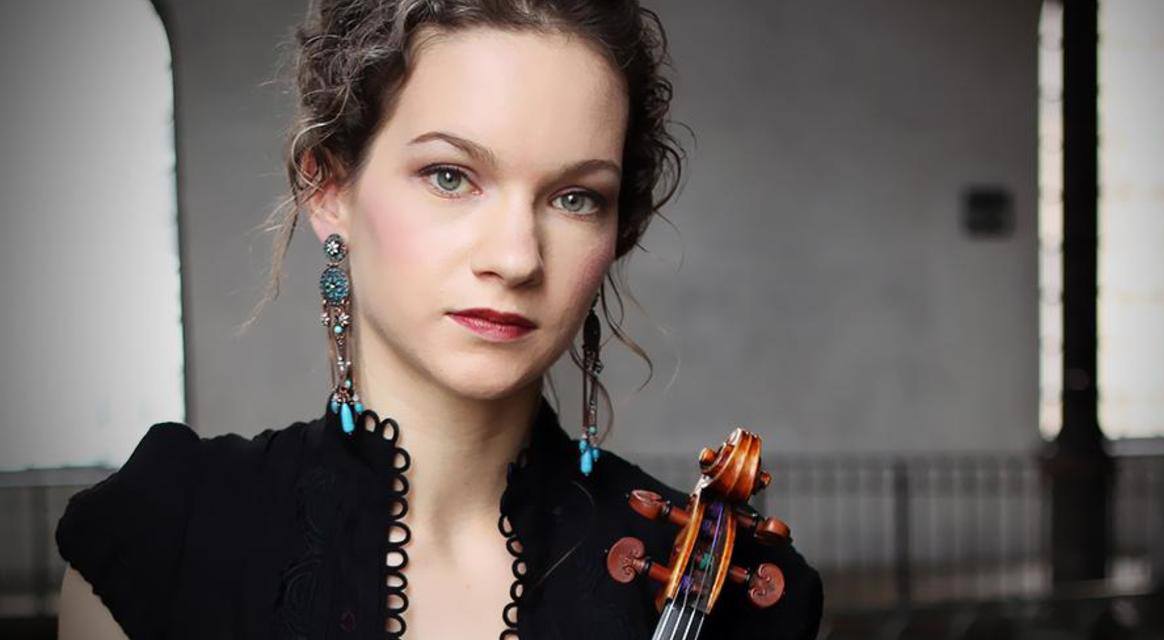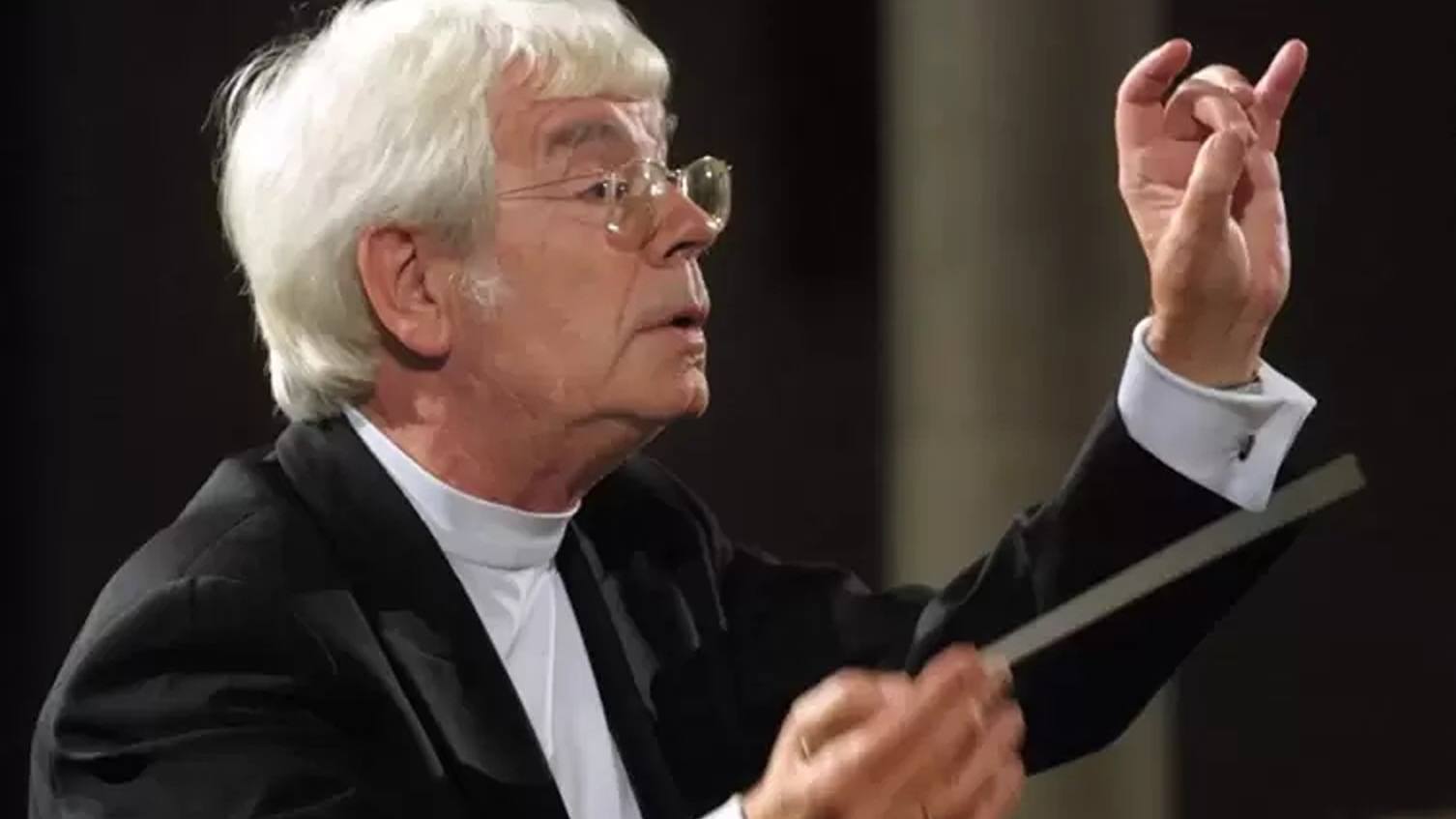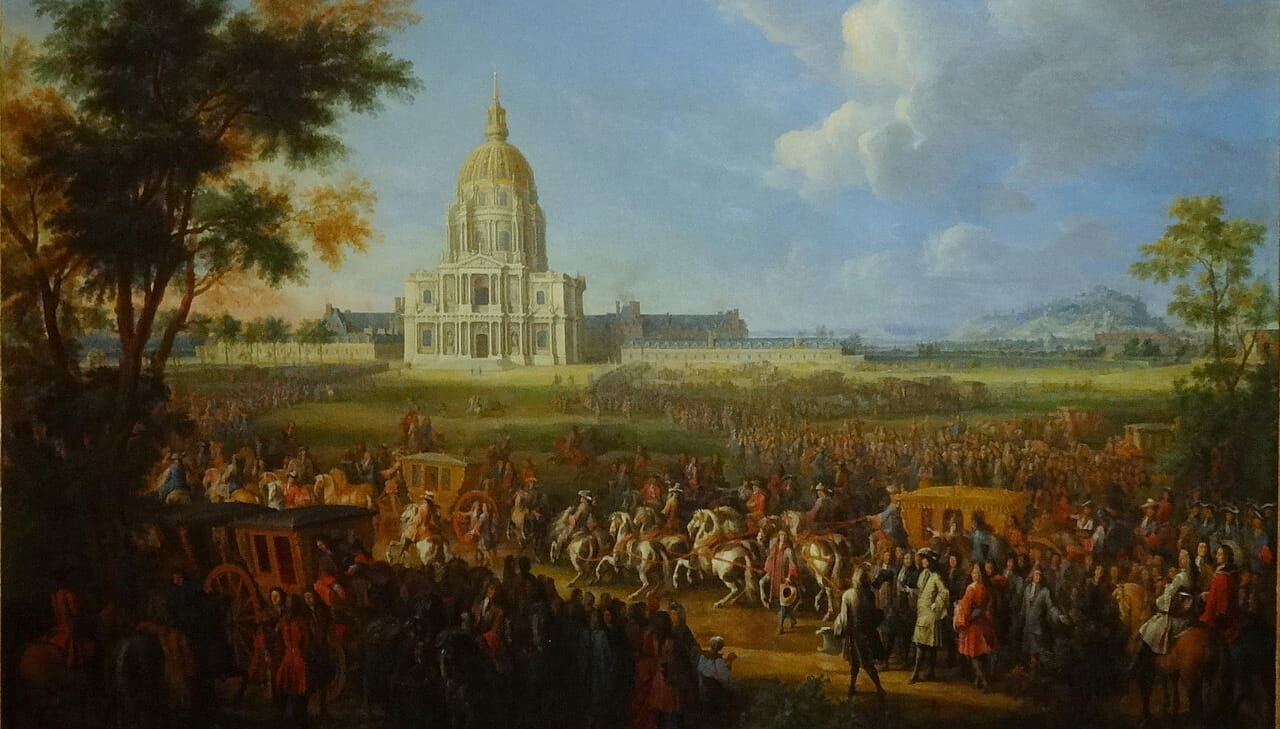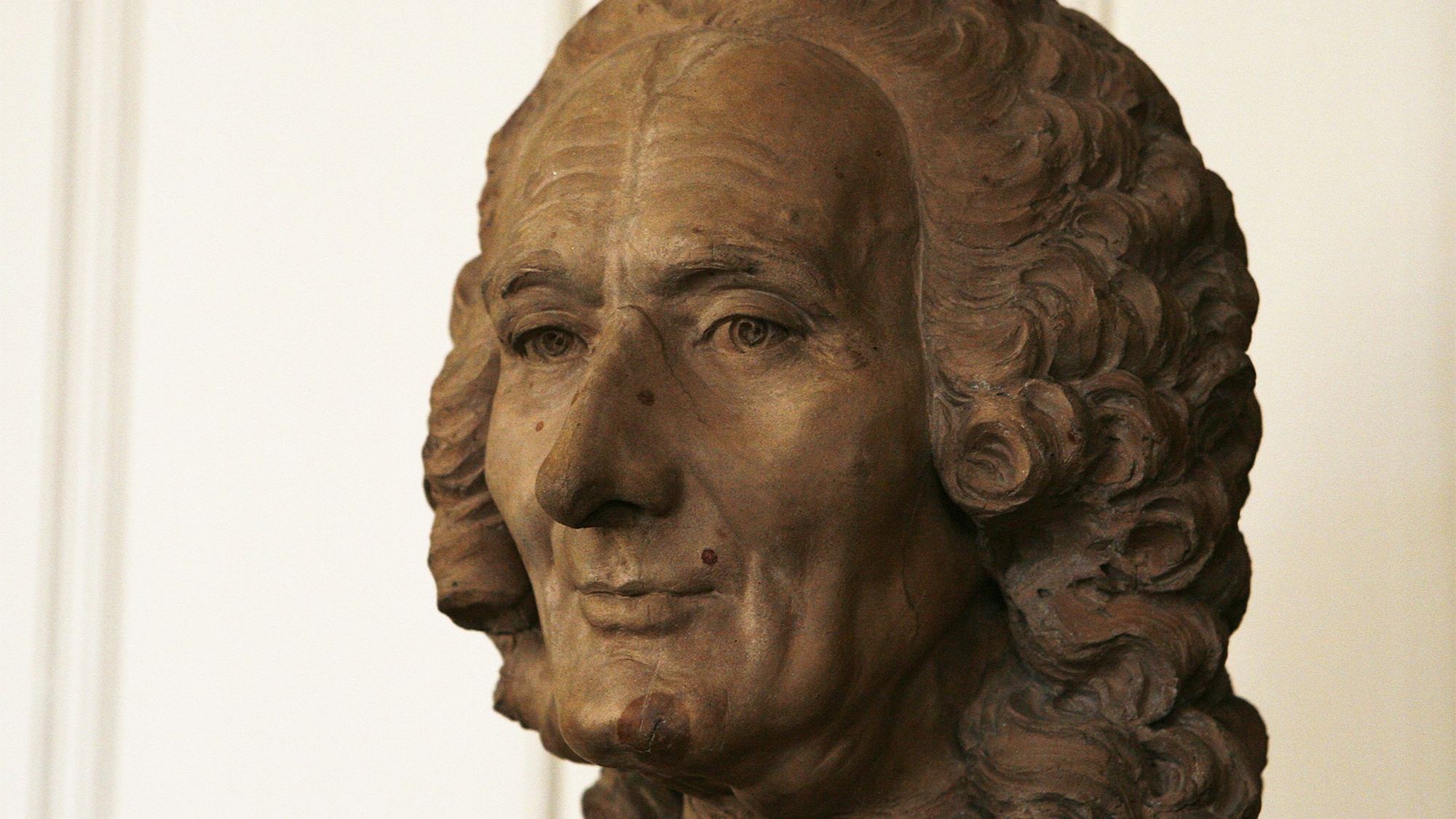Bach’s Violin Concerto in A Minor, BWV 1041: Hilary Hahn and the Deutsche Kammerphilharmonie Bremen
“Bach has played a long part in my musical life,” said violinist Hilary Hahn in a 2018 interview. “I started playing the solo Bach Sonatas and Partitas when I was nine in preparation for a couple of movements that I played on my first full recital when I was ten, and shortly after that I started at Curtis…” While Bach’s six groundbreaking Sonatas and Partitas showcase the violin as an instrument capable …







